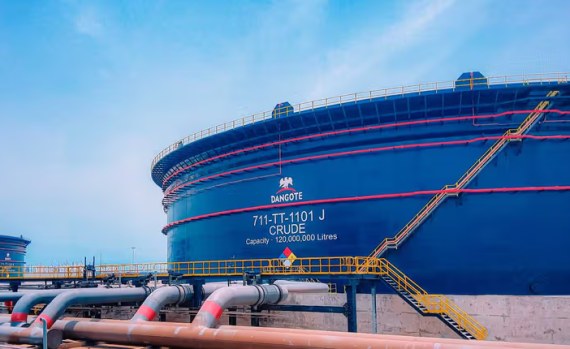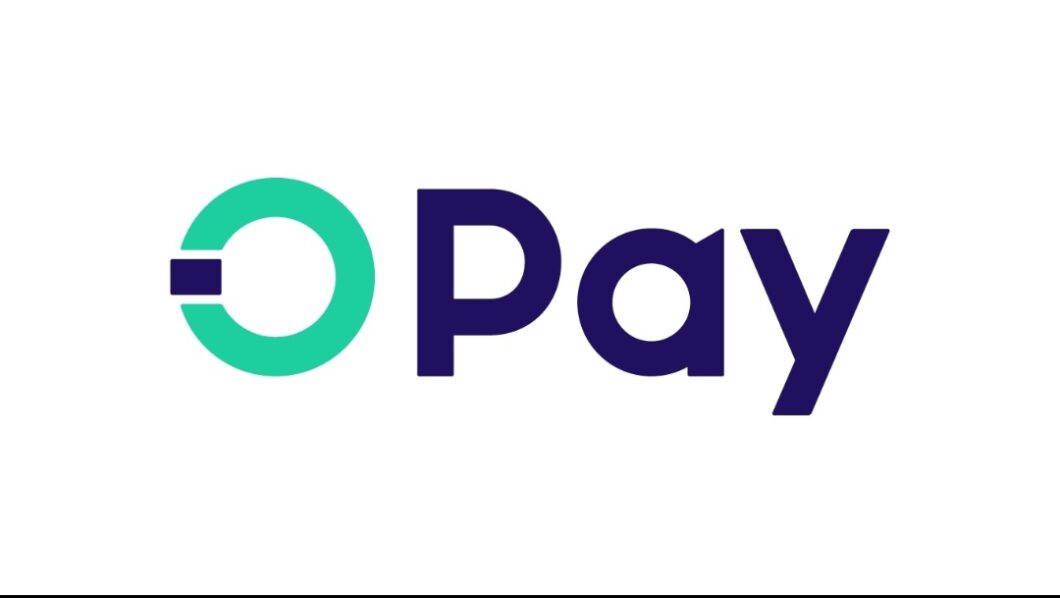Former president of Nigeria Sir Olusegun Obasanjo exposed bad intentions of Nigerian fuel importers proposed to ruin and sabotage the development and progress done by Dangote Refinery in Nigeria.
According to the former president obasanjo in his statement, during an interview with the Financial Times, he described Dangote as one of the prominent persons and a man of vision with kind projects like Refinery to to boost Nigeria into greater level.
Aliko’s investment in a refinery, if it goes well, should encourage both Nigerians and non-Nigerians to invest in Nigeria.
“If those who are selling or supplying refined products for Nigeria feel that they will lose the lucrative opportunity, they will also make every effort to get him sabotage,” he stated.
The former Nigerian leader shared his opinion on the heels of recent allegations by the President of the Dangote Group, Aliko Dangote, that some government and non-government officials were trying to ruin the $20 billion refinery.
LEADERSHIP recalls that Officials of the Dangote Group recently cried out that international oil companies were sabotaging the refinery by refusing to sell crude oil to them at a premium up to 4% above the normal price.
The outcry prompted the Federal Executive Council’s directive to the Nigerian National Petroleum Company (NNPC) Limited to sell crude oil to Dangote Refinery and other local refineries in the Nigerian currency – naira against United States’ dollars.
The refinery also accused the Nigerian Midstream and Downstream Regulatory Authority (NMDPRA) of deliberately granting licenses to individuals to import dirty fuel.
In its response, the regulator denied this, alleging that Dangote diesel was inferior when compared to the imported ones.
The NMDPRA’s Chief Executive, Farouk Ahmed then declared that the country would not stop fuel importation to avoid a monopoly by the Dangote Group.
Dangote Refinery commenced operations at the facility located in Lagos last December with 350,000 barrels a day.
The refinery hopes to achieve its full capacity of 650,000 barrels per day by the end of the year.
It has however commenced the supply of diesel and aviation fuel to marketers in the country, while petrol supply is expected to commence in August amid regulatory resistance.







